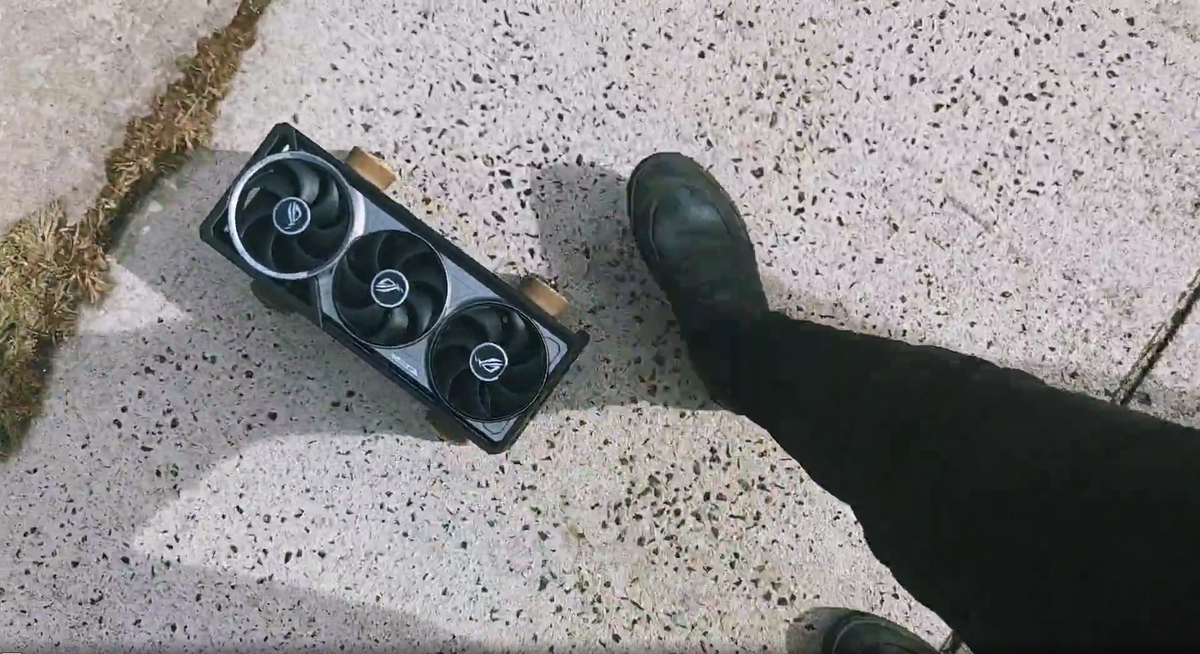A majority (56%) of high school students say that AI helps reduce the anxiety they feel about studying math. That statistic comes from to a March survey of 1,500 11th and 12th graders in the US and sixth-year students in the UK and Wales that was conducted by the Society for Industrial and Applied Mathematics.
Most of the students surveyed (61%) said AI gives them instant help, feedback and clarification. The results point to anxiety in math education around learning in a nonjudgmental setting, such as not having to ask questions in front of other students and using AI to make math more accessible and understandable.
Results from teachers differed, however. Only 19% of 250 teachers surveyed agreed about AI's anxiety-reducing effects, but nearly half of them (49%) said they see value in using AI to help learn math concepts rather than just seeking answers to math problems.
The organization released the survey results this week as part of its promotion of its annual MathWorks Math Modeling Challenge, which this year is focused on global warming.
Karen Bliss, senior manager of education and outreach at Society for Industrial and Applied Mathematics, said some of the survey results were unexpected.
"We were surprised by the wide variety of ways students are using AI," Bliss said. "Some are using AI to check their answers, while some are using it to help them understand concepts. It's exciting to think that there can be a spectrum of AI use in math education that could make it helpful to students who have differing needs."
Bliss said that while AI isn't perfect, even at math, it is improving rapidly and that as long as students vet information from AI platforms, it can be a huge help and may alleviate stress they might feel in classrooms when they can't solve certain problems.
"Since AI is here to stay, I think teachers will need to think about how to adjust their classrooms to take advantage of it and to help students understand its limitations while helping them figure out how to leverage it appropriately," Bliss said.
AI in education
Over the last few years, some teachers have expressed mixed feelings and grown apprehensive about AI tools like ChatGPT, while companies behind these technologies continue to grow as young people use them for things like writing assignments or managing their time.
In several survey questions, teachers said they were uncertain about AI's effect on students and their schoolwork, but nearly 62% don't encourage students to use AI for their math education.
A separate Harvard study last year showed mixed results, with some students aged 14 to 22 admitting they used AI to cheat but others saying they're using the technology for study help or to create customized learning plans. Some teens who were part of that survey said they could see the good and bad impacts AI might have on their lives going forward.
AI among youth tech groups
Two organizations specializing in STEM skills for young people, San Francisco-based Technovation and Austin-based Girlstart, say that educators ignore or dismiss AI at their peril.
Shane Woods, executive director at Girlstart, said the organization has begun incorporating AI into its programs, which have been helping young women learn STEM skills for decades.
"If we thoughtfully and responsibly leverage AI in classrooms and out-of-school spaces, our youth can use this tool to enhance their ability to predict outcomes, notice patterns, improve how they communicate findings, and understand the limitations of machine learning," Woods said. "The youth can assist adults by interrogating AI tools and helping uncover biases and structural inequities to improve their efficiency."
Technovation's founder and CEO Tara Chklovski, said that her organization is utilizing AI, and that she's not surprised with the survey's findings.
"Giving students a sense of control and agency over their world inherently increases their sense of well-being," she said. "And this is only amplified when we encourage the use of AI to help them develop solutions faster... This sense of knowledge and control over their environment increases their sense of confidence and helps them navigate uncertainty -- which can be a huge source of stress."
Students and teachers alike are employing AI for homework and grading, she said, and there's a stigma that keeps many from admitting it.
"Those who are using it will not admit to it because it feels easy and like cheating," she said."We have always had Cliffs Notes and study guides... but now we have an abundance of knowledge and support."
Chklovski said that Technovation is seeing some schools ban Google Search because of its use of Gemini AI, which sends some teachers and students to their phones.
"This is where we should not just stop at the use of AI but really think about a four-prong framework of knowledge, skills, mindset and innovation," she said. "What do we need to teach (and then assess) students so that they have durable skills to solve the complex problems the world has? And yes, AI is a powerful tool to do that."









 English (US) ·
English (US) ·